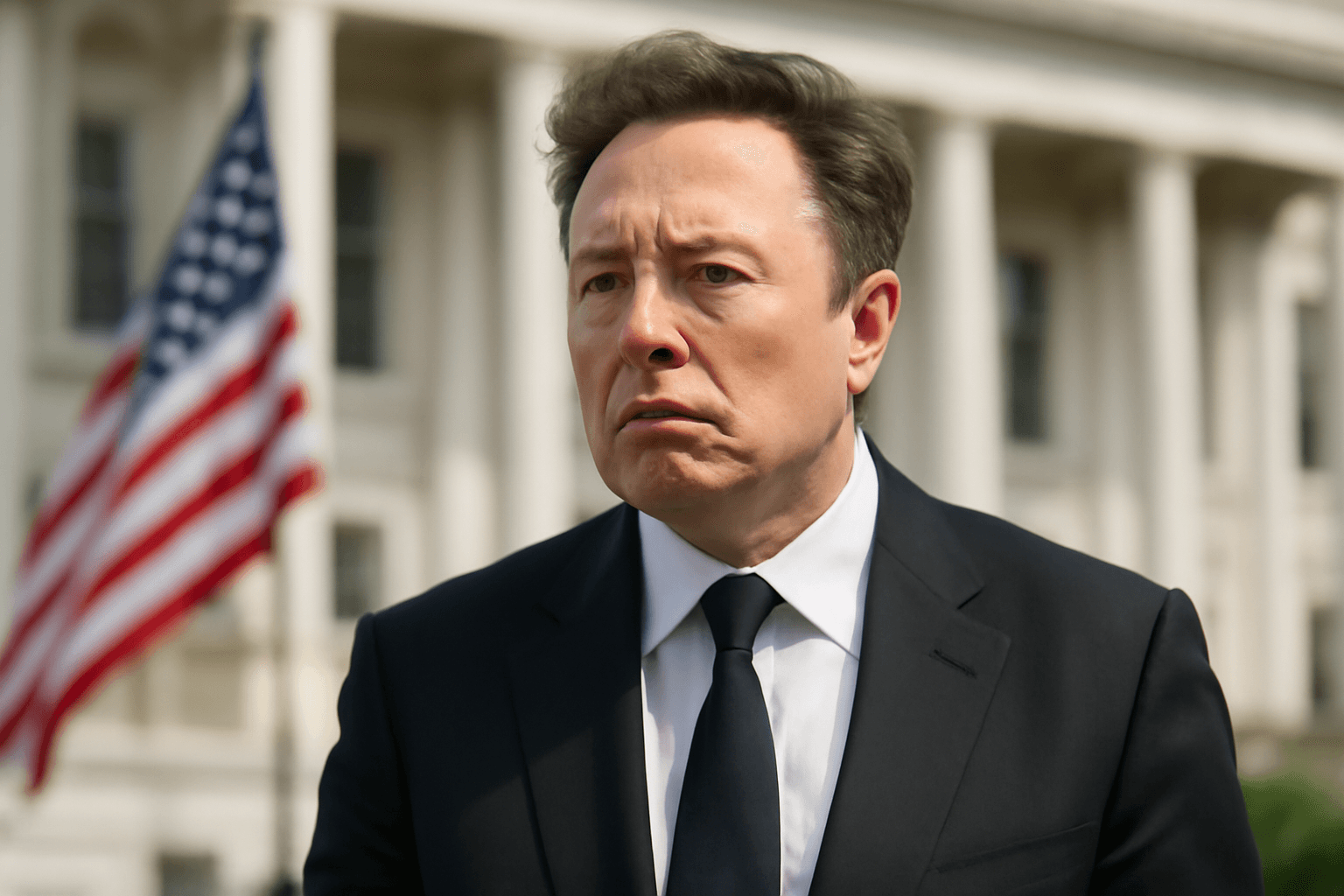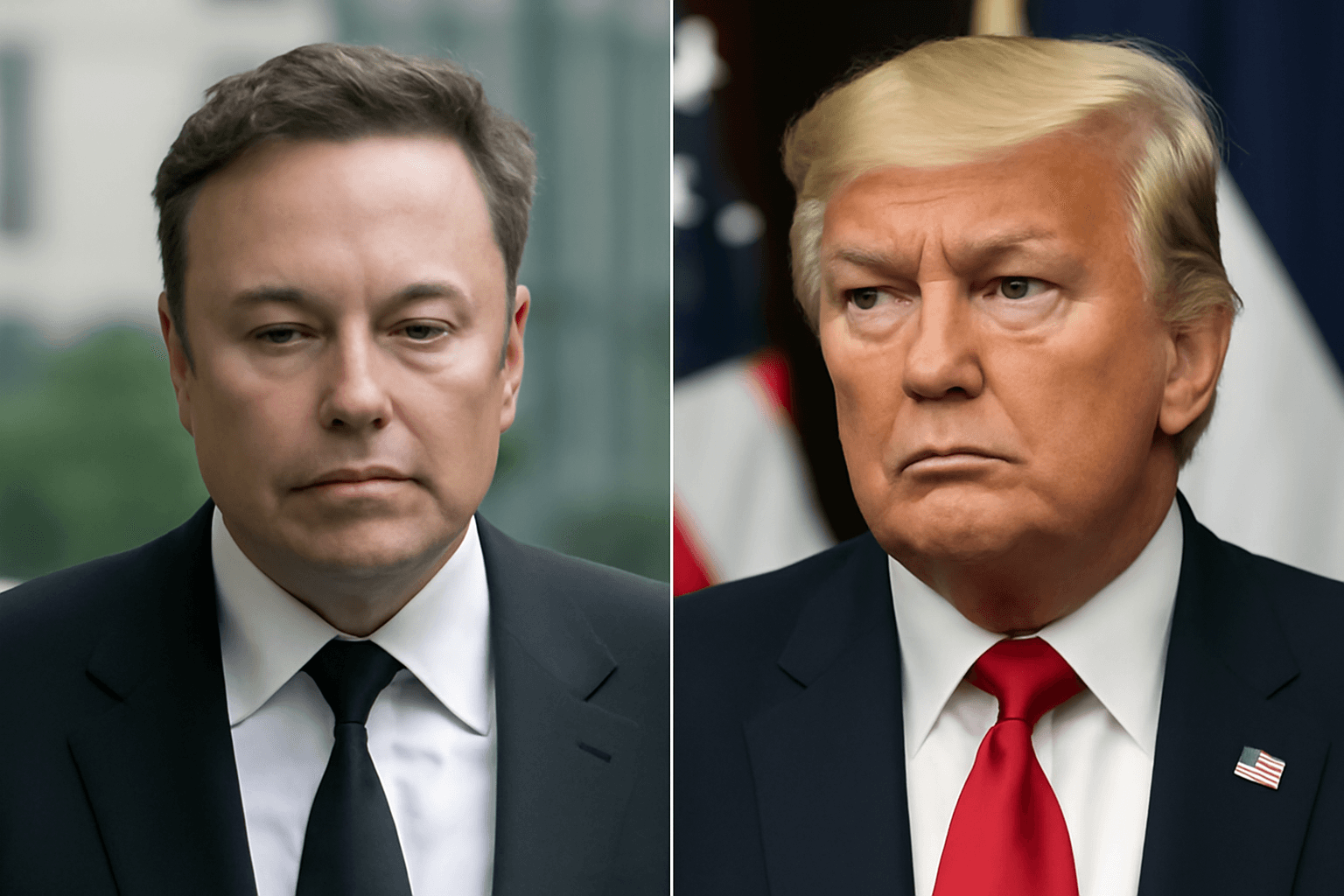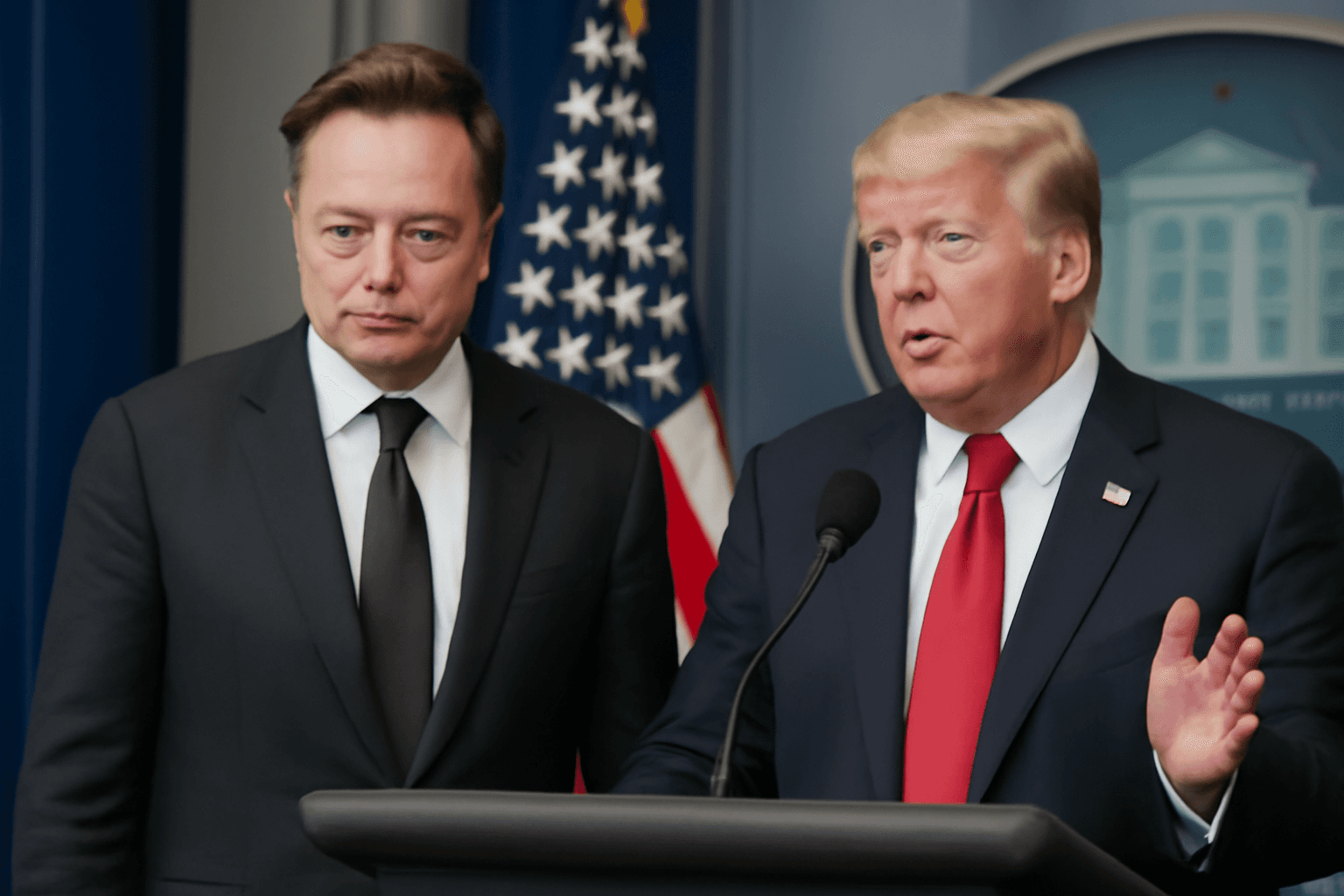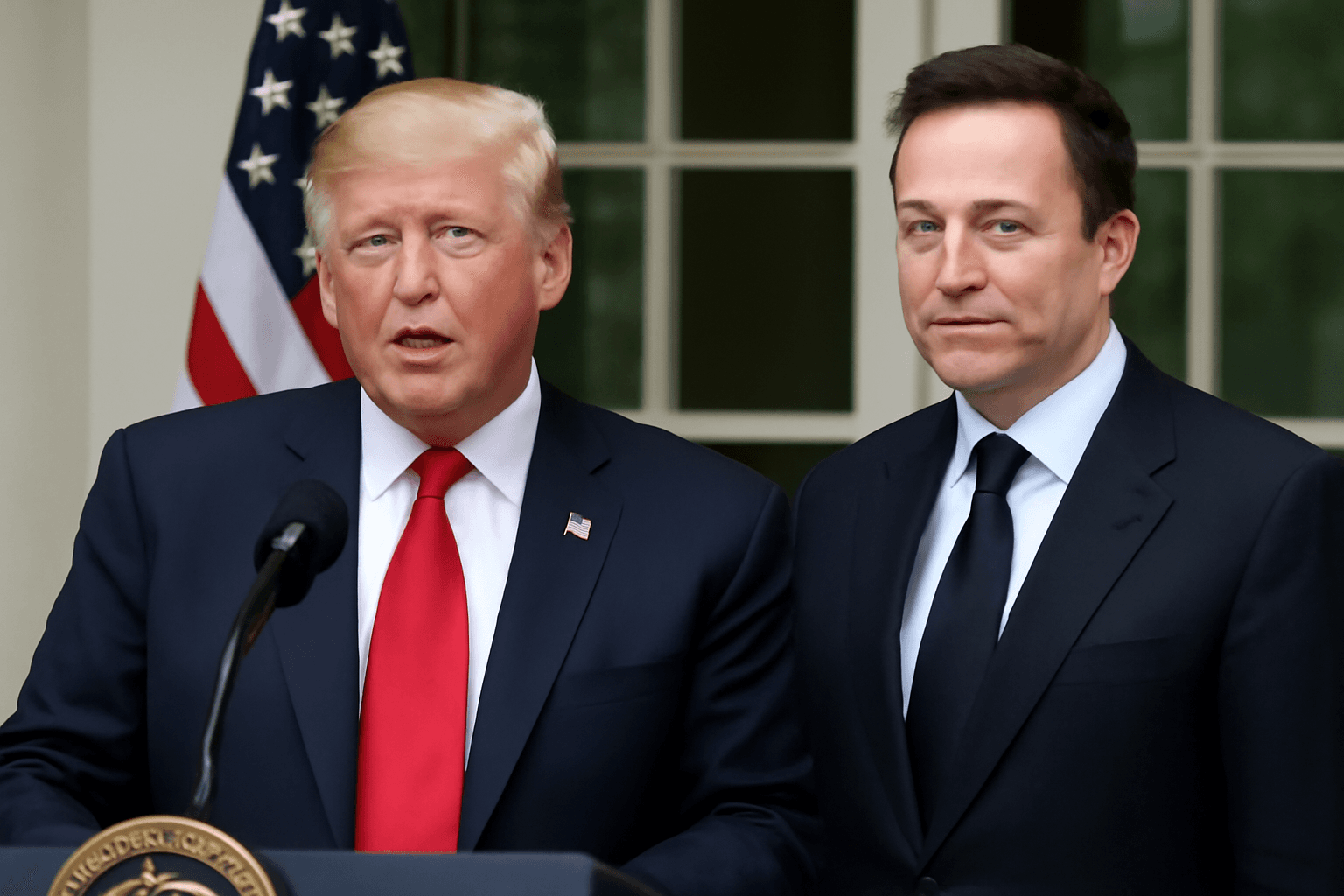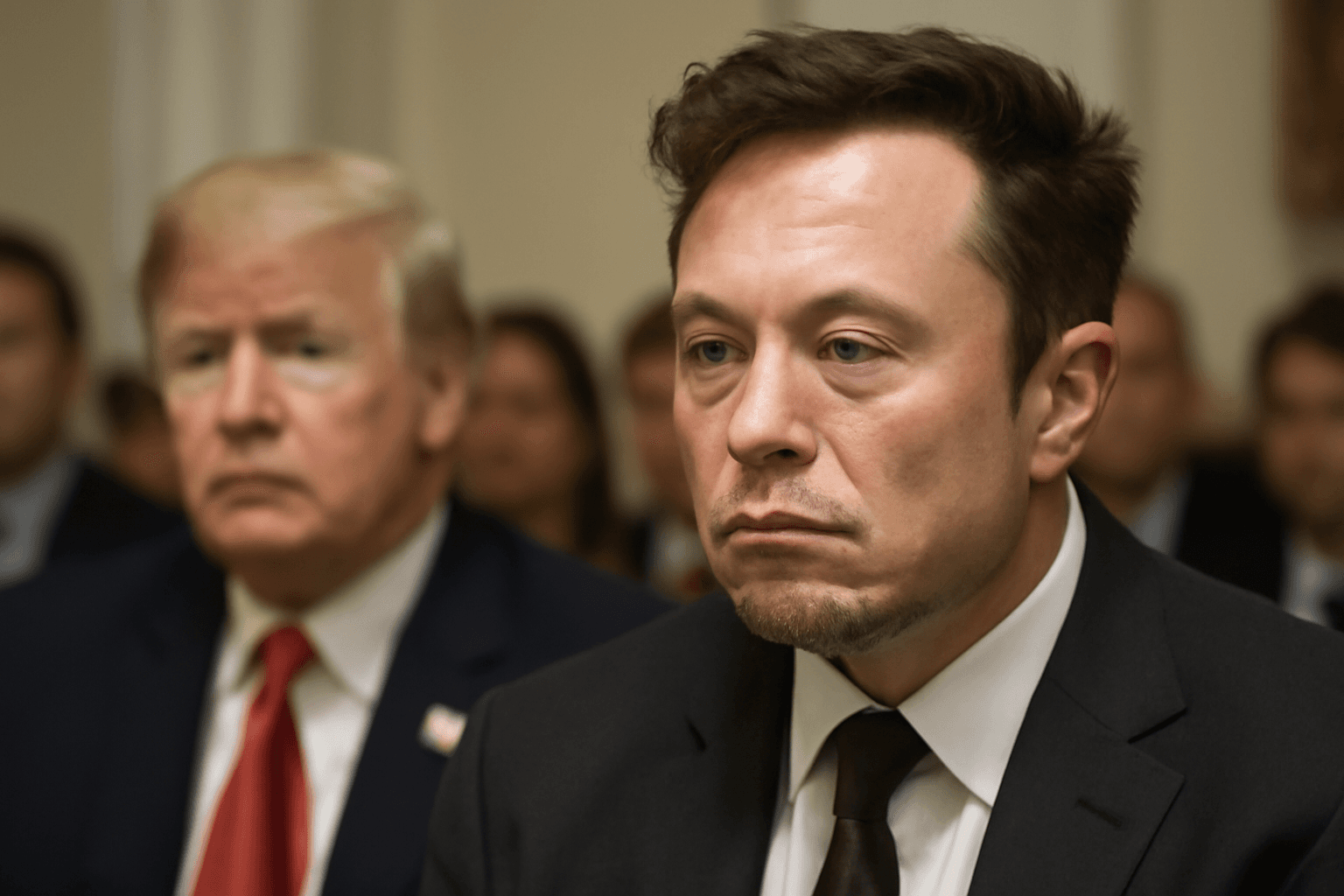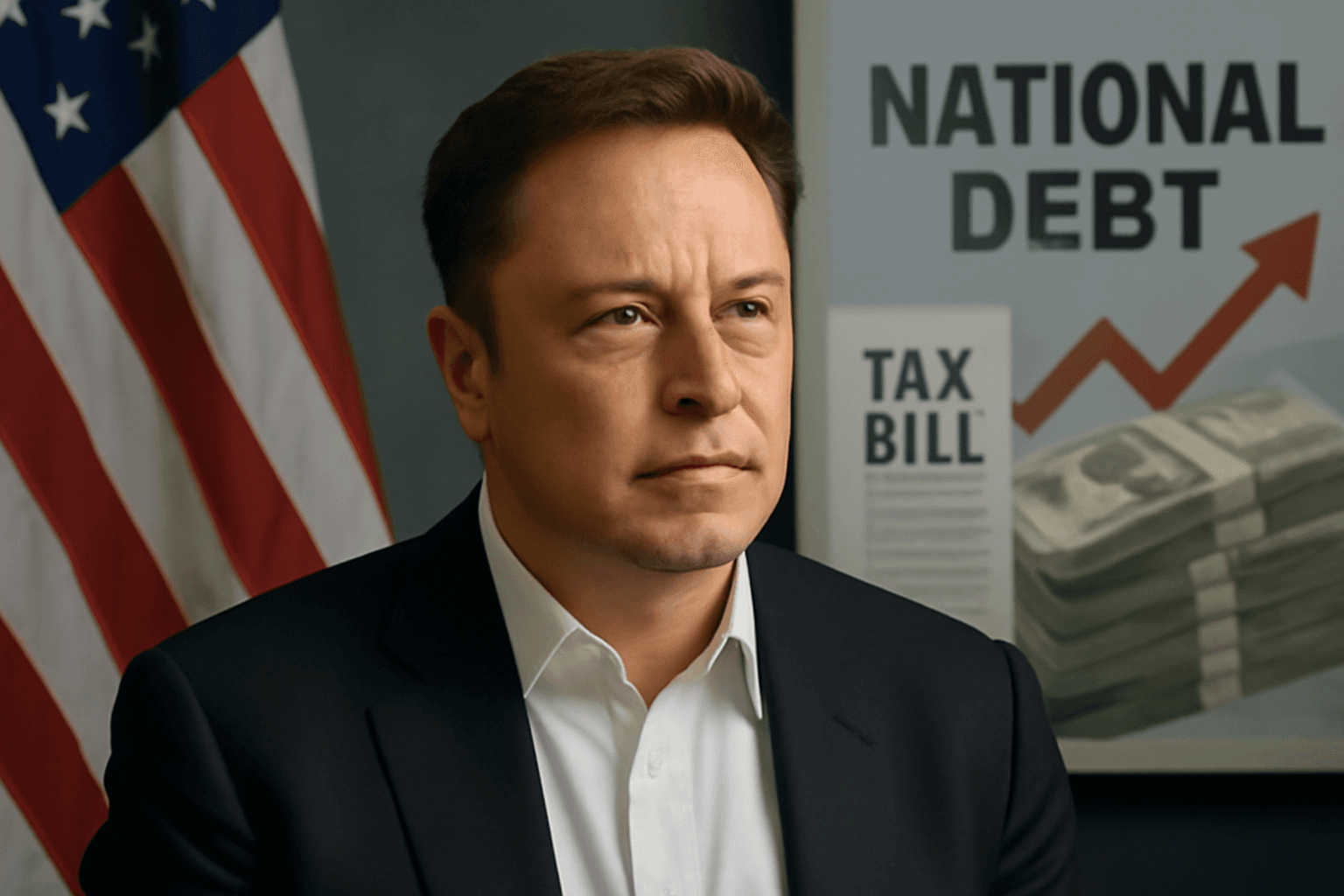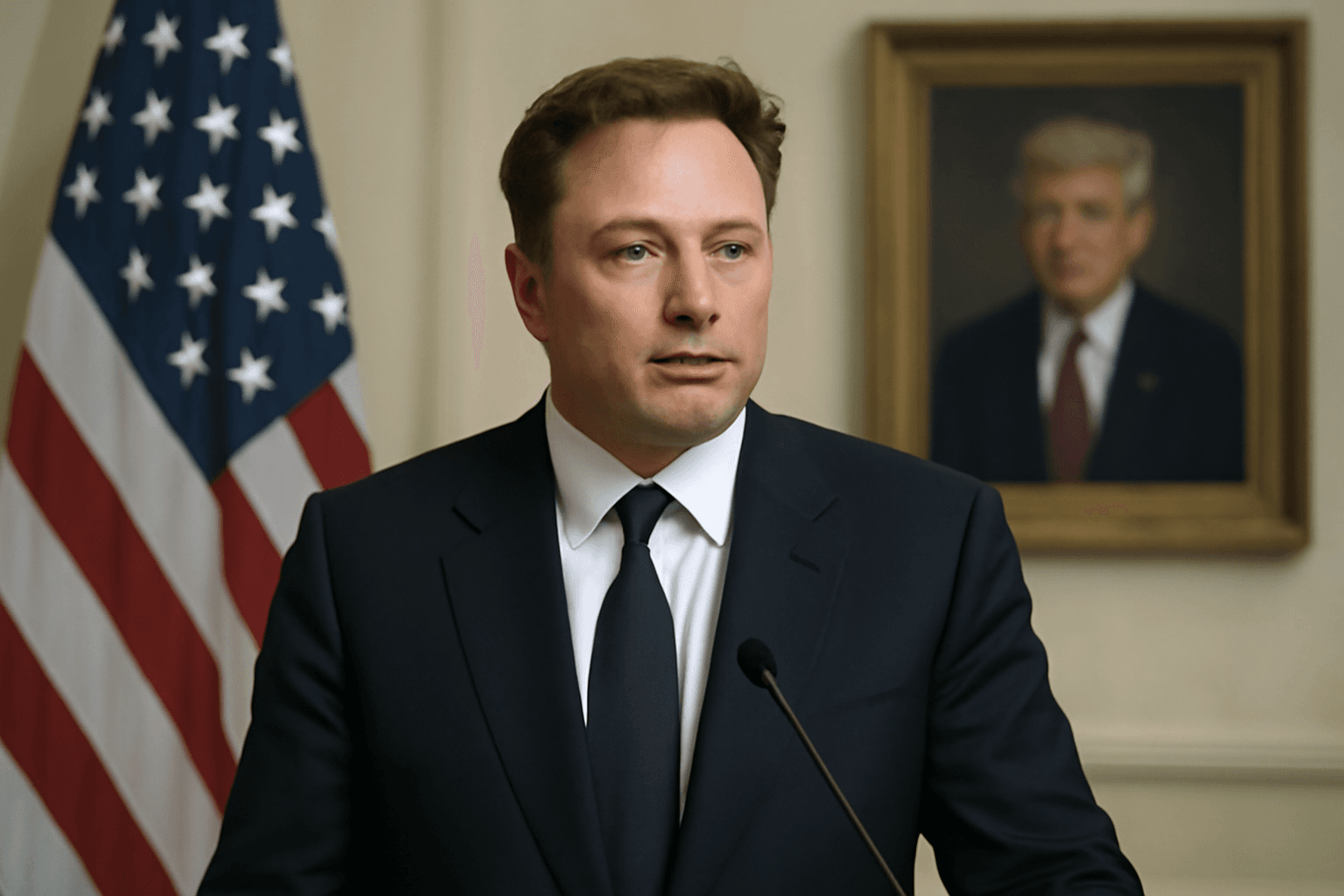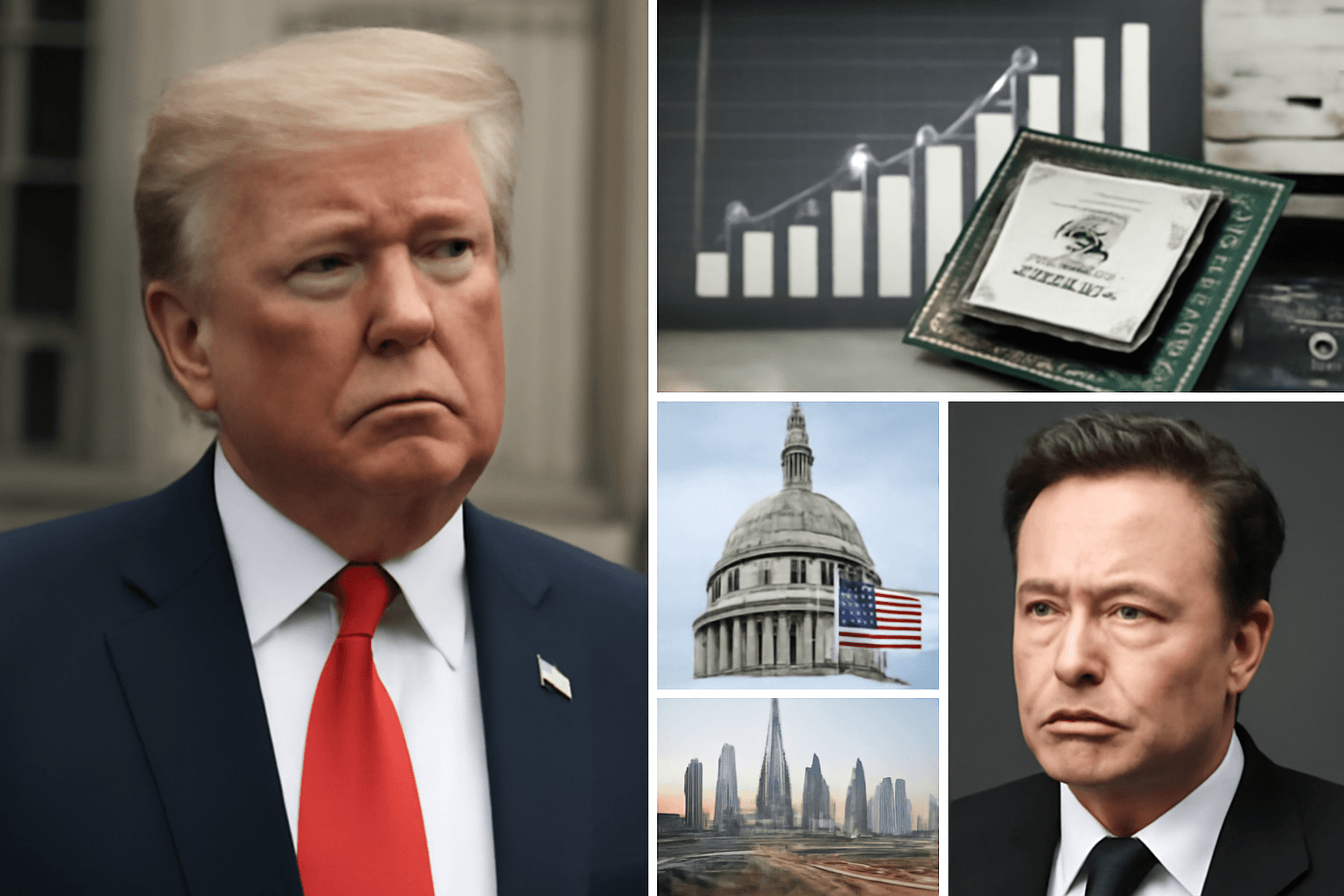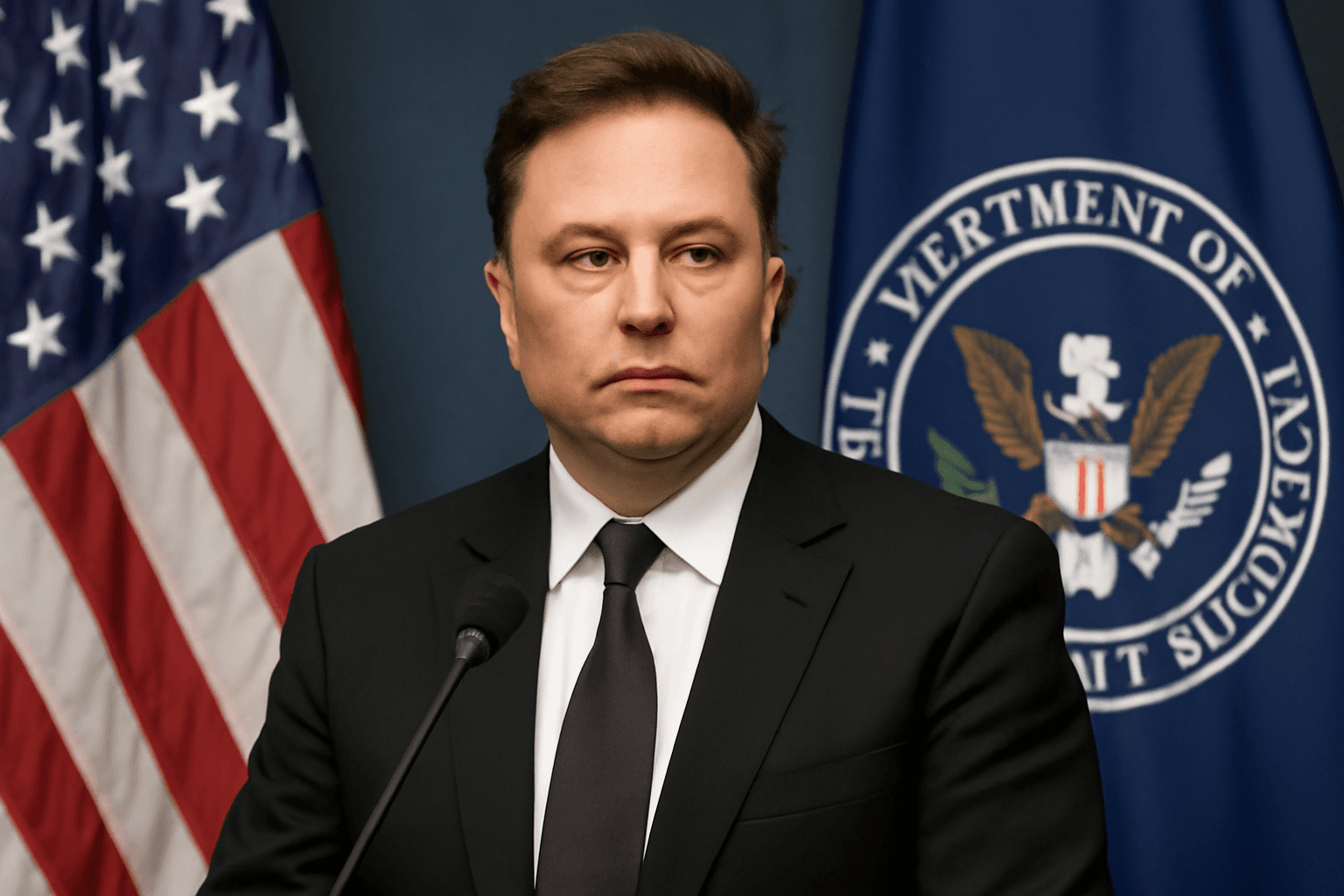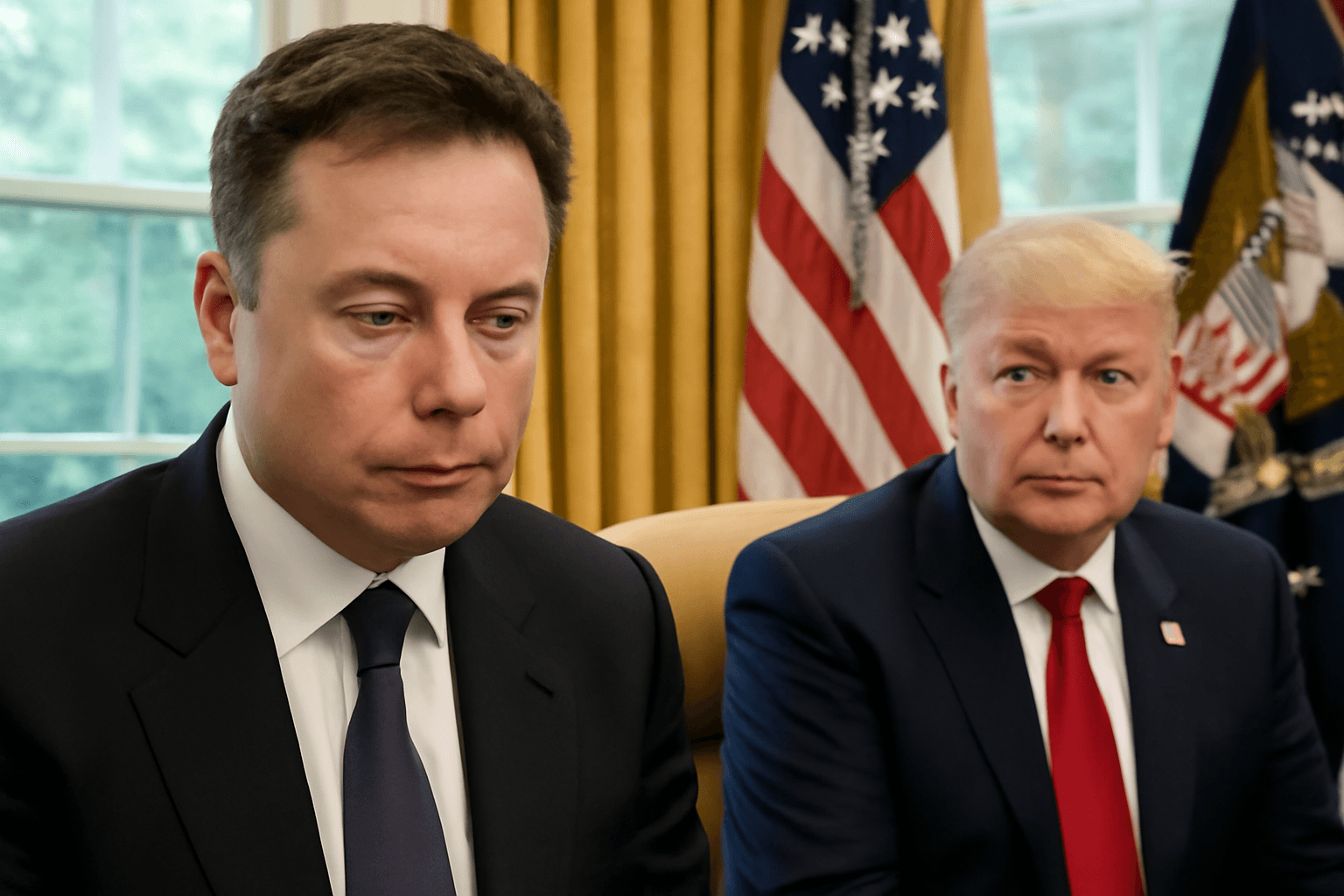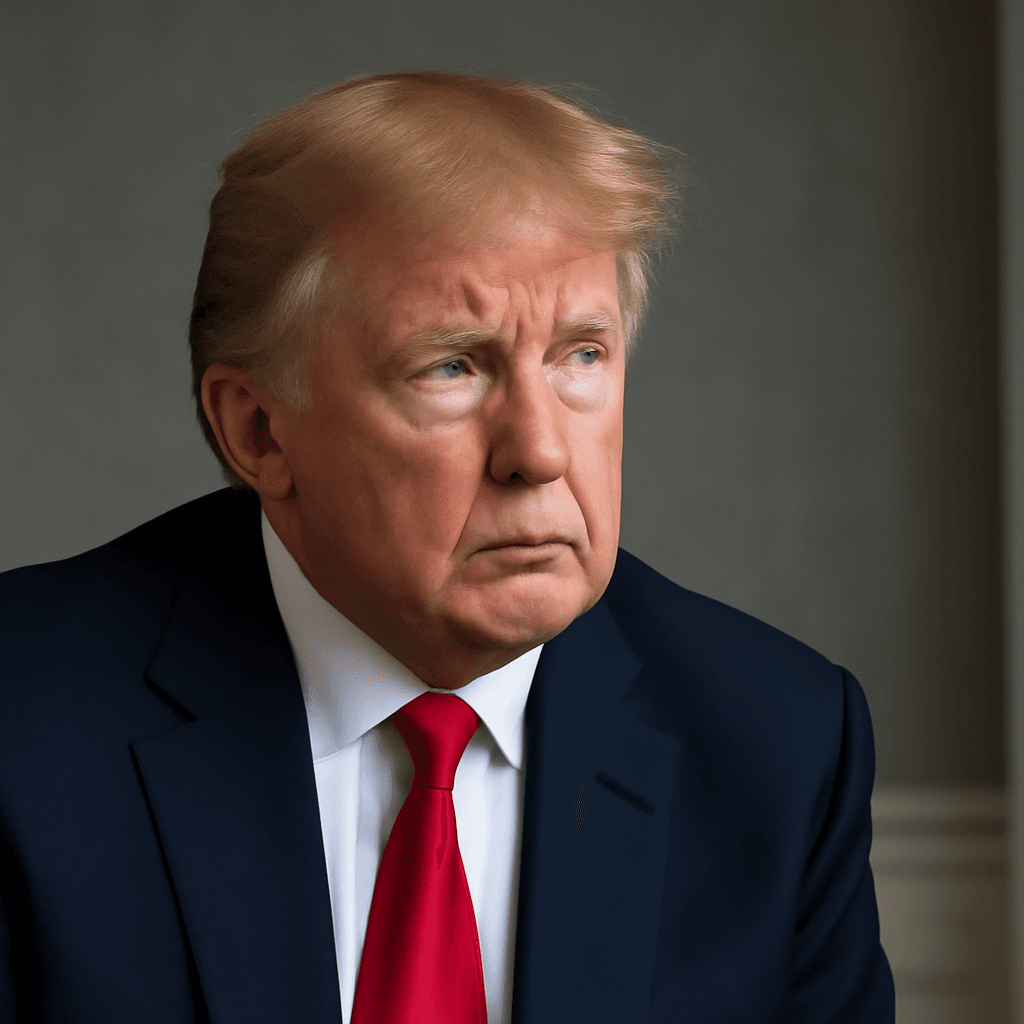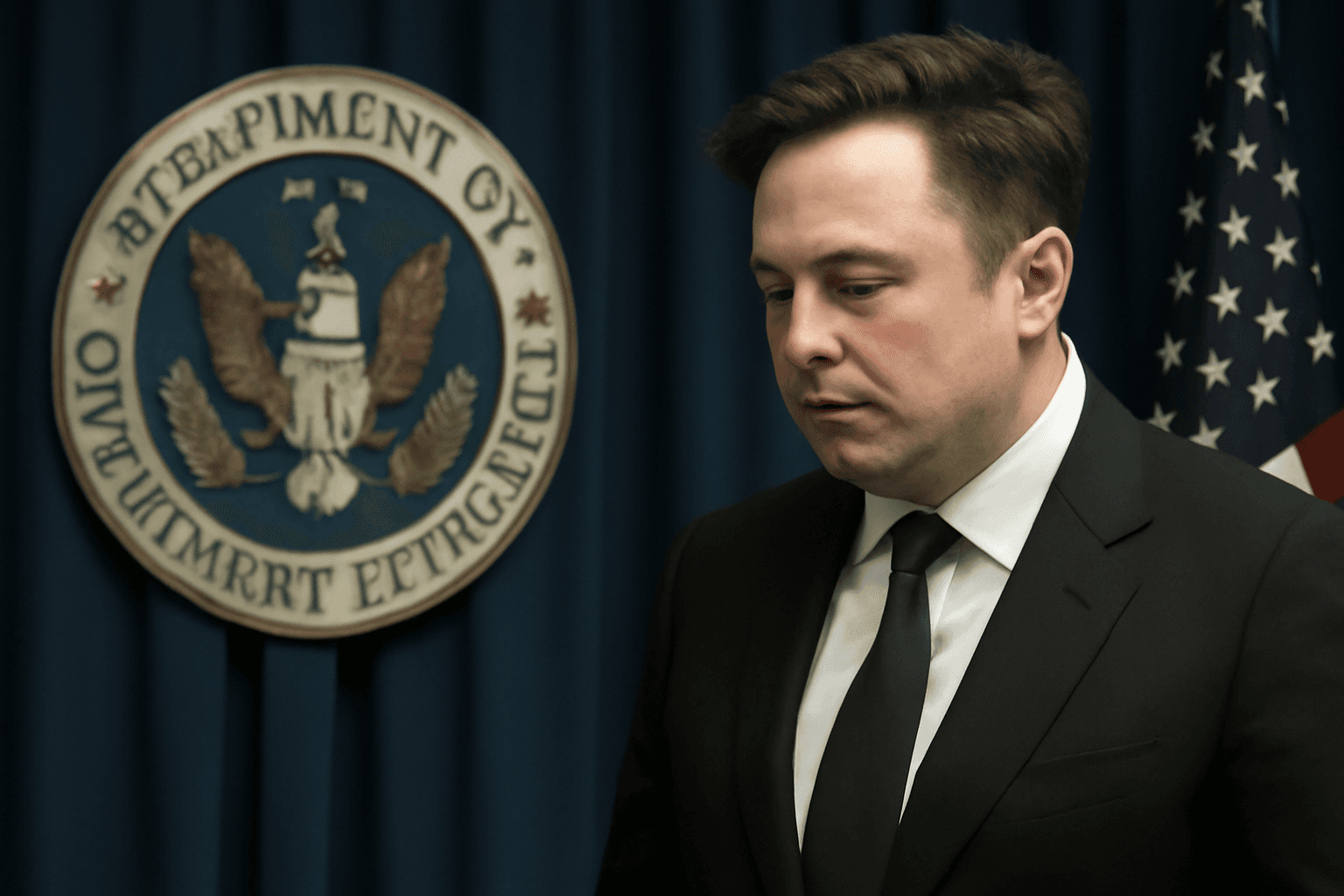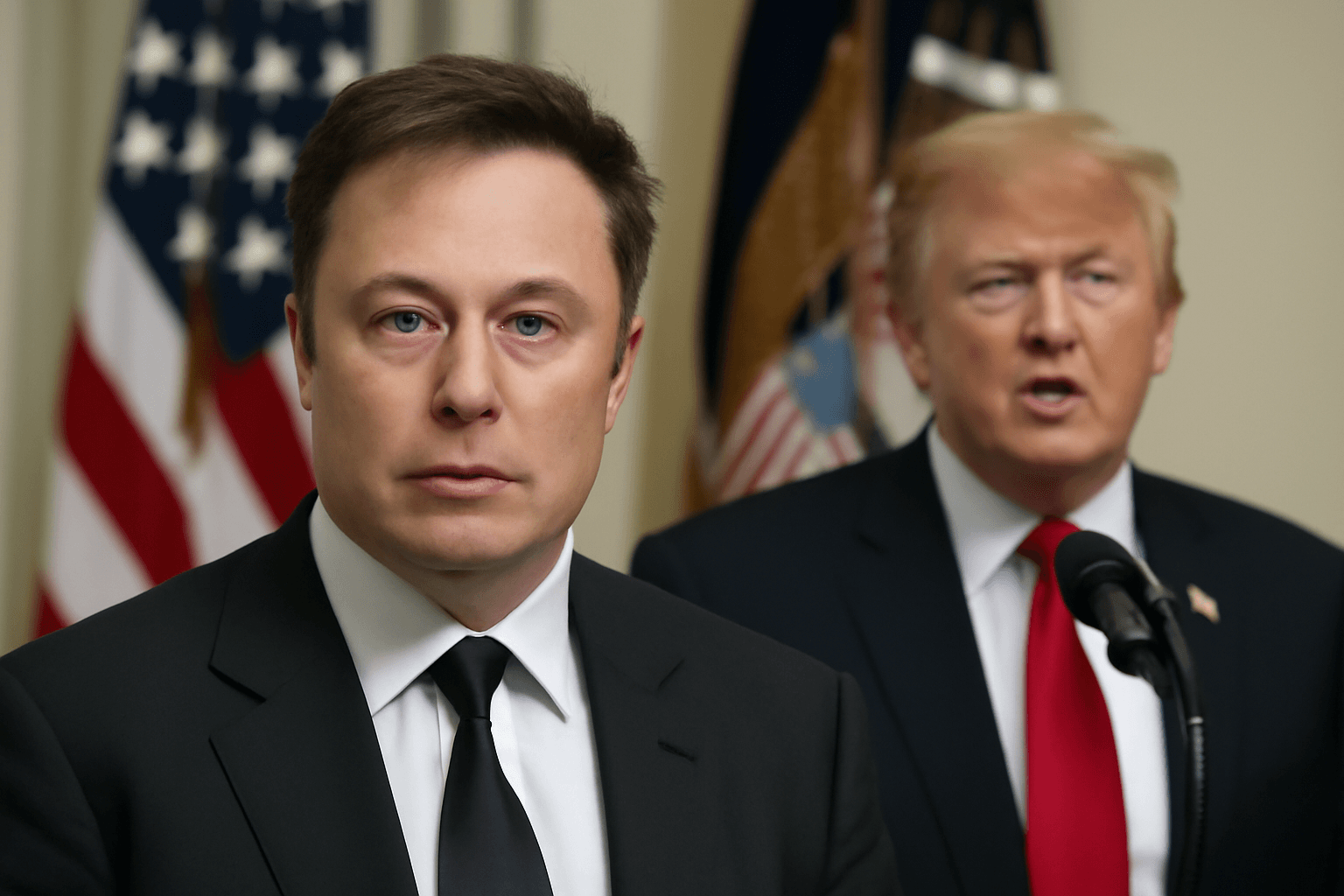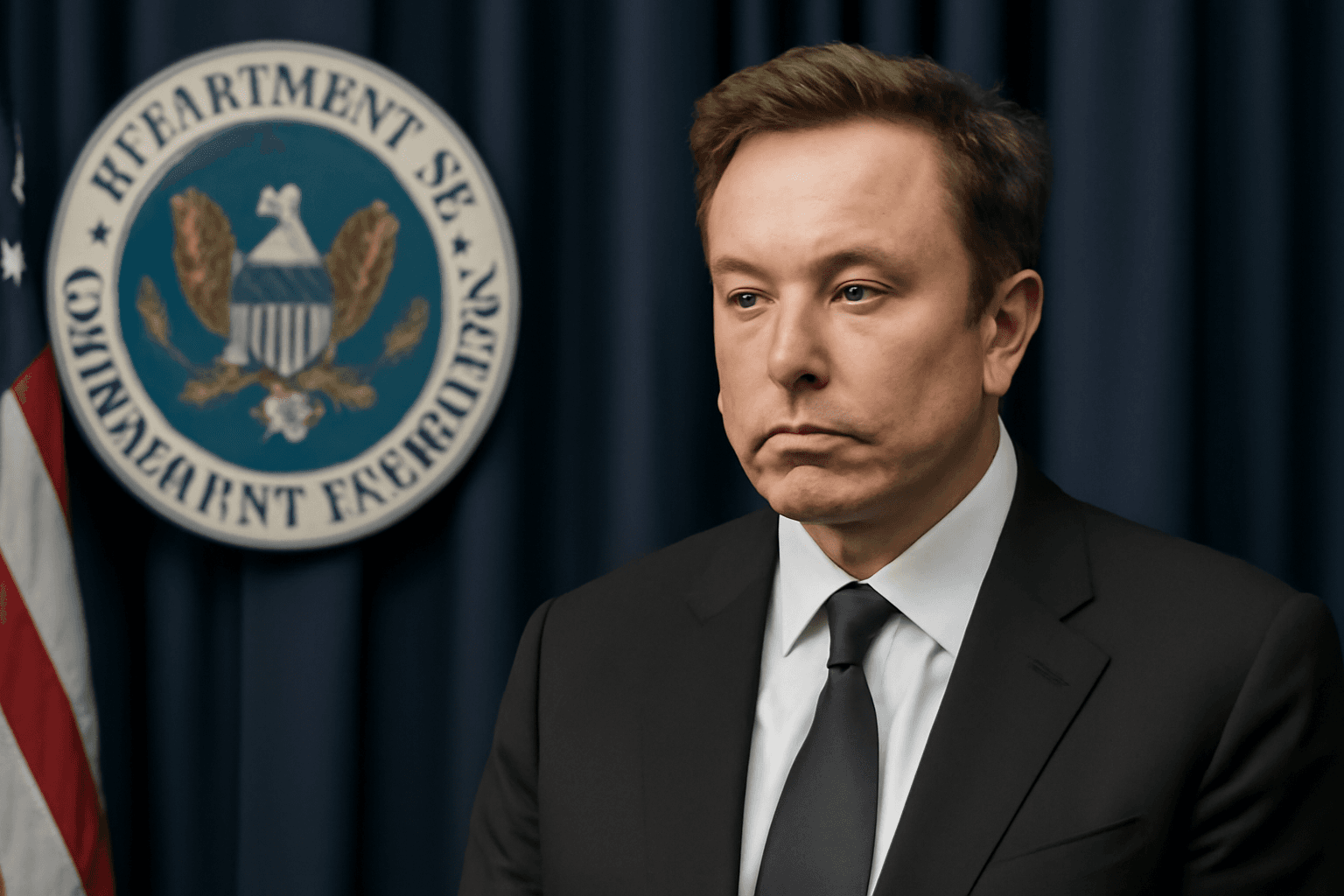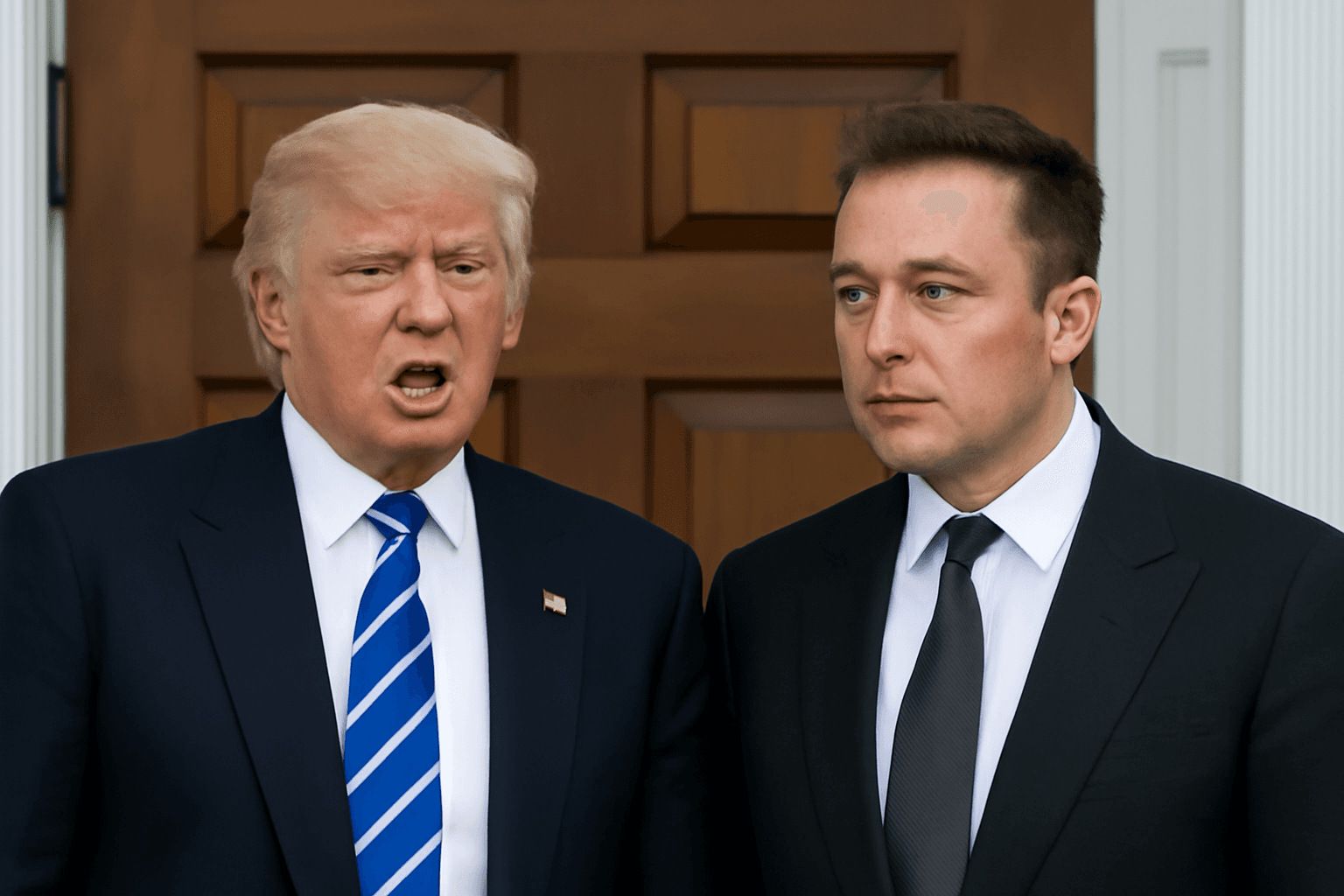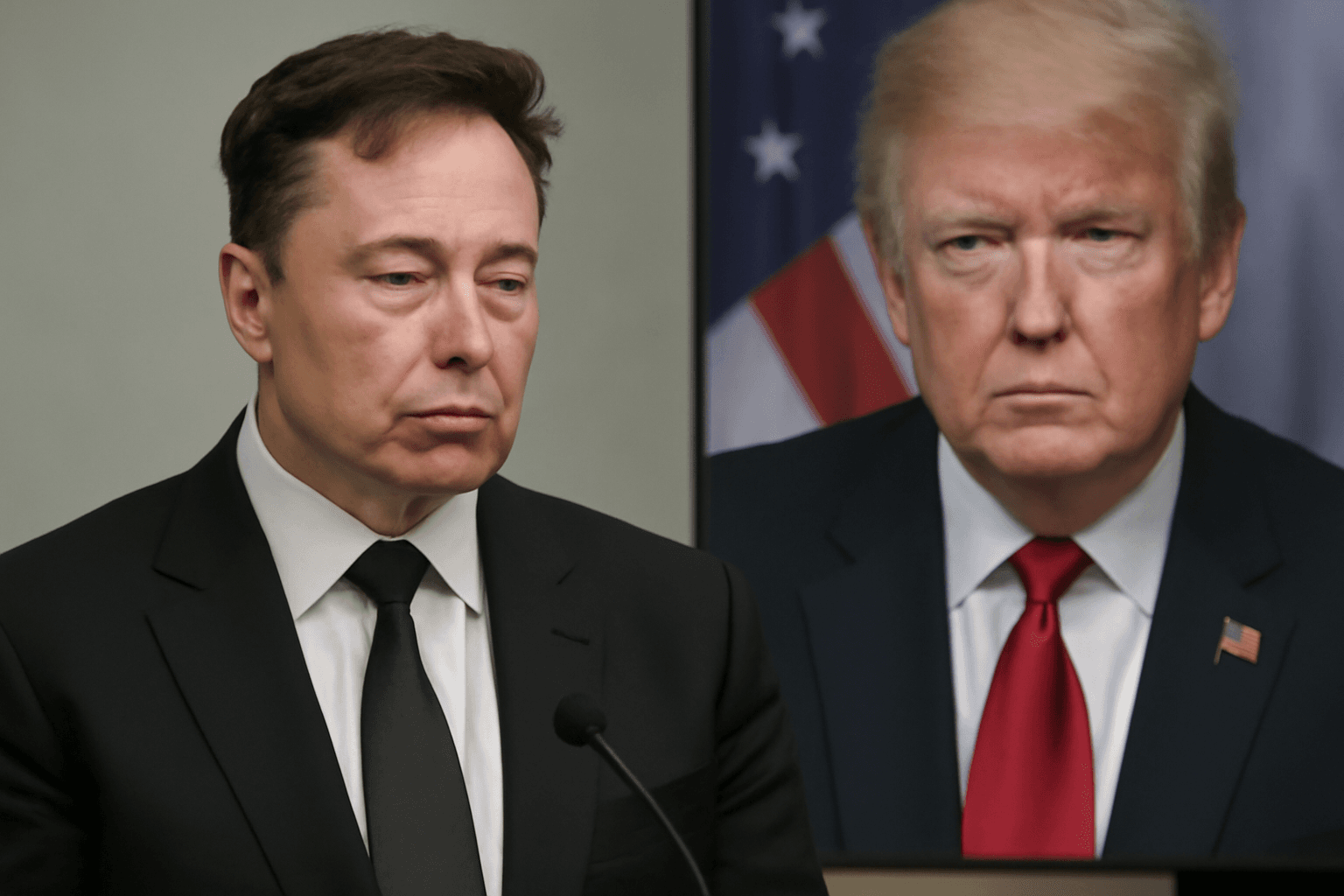Tech entrepreneur Elon Musk is under renewed scrutiny following reports alleging extensive drug use during his brief tenure as head of the Department of Government Efficiency (DOGE) within the Trump administration.
An investigative report cited sources claiming Musk frequently used ketamine during the 2024 presidential campaign and throughout his 130-day government role, reportedly resulting in bladder damage. Additional allegations include the use of ecstasy, psychedelic mushrooms, and a daily intake of approximately 20 pills, including Adderall.
Although Musk has acknowledged limited ketamine use under medical supervision, he publicly denied recreational use, stating in a 2024 interview, "I really don’t like doing illegal drugs," and describing his use as minimal and infrequent for managing depression. However, insiders suggest his actual consumption was considerably higher.
Musk Deflects Questions Amid Controversy
Musk’s departure from the administration was accompanied by an event where he declined to address these allegations, dismissing them as "fake news". Standing beside Musk, the then-President praised him as "fantastic" and described him as "one of the greatest business leaders the world has ever produced."
During his time in office, Musk faced criticism for erratic behavior, including incidents of slurred speech, derogatory remarks toward cabinet colleagues, and inappropriate conduct at public events. These behaviors raised concerns about his fitness for a influential federal position.
His personal life has also seen controversy, with reports of overlapping relationships and family legal conflicts contributing to a complicated public image.
Department of Government Efficiency: Promises Versus Outcomes
Charged with reducing federal bureaucracy, Musk claimed DOGE had saved $105 billion. Subsequent audits revealed that although approximately $175 billion in cuts occurred, some initial figures were inflated. His aggressive cost-cutting led to thousands of job losses, contract cancellations, and program closures, resulting in significant disruptions.
Musk’s efforts to centralize federal data management attracted criticism, particularly regarding the use of such data for immigration enforcement actions. His influence extended to appointments within NASA and the Air Force, agencies closely linked to his commercial ventures.
Despite reaching legal limits on government appointments, Musk has signaled he intends to remain active politically, pledging $100 million toward pro-Trump initiatives ahead of the 2026 elections.

